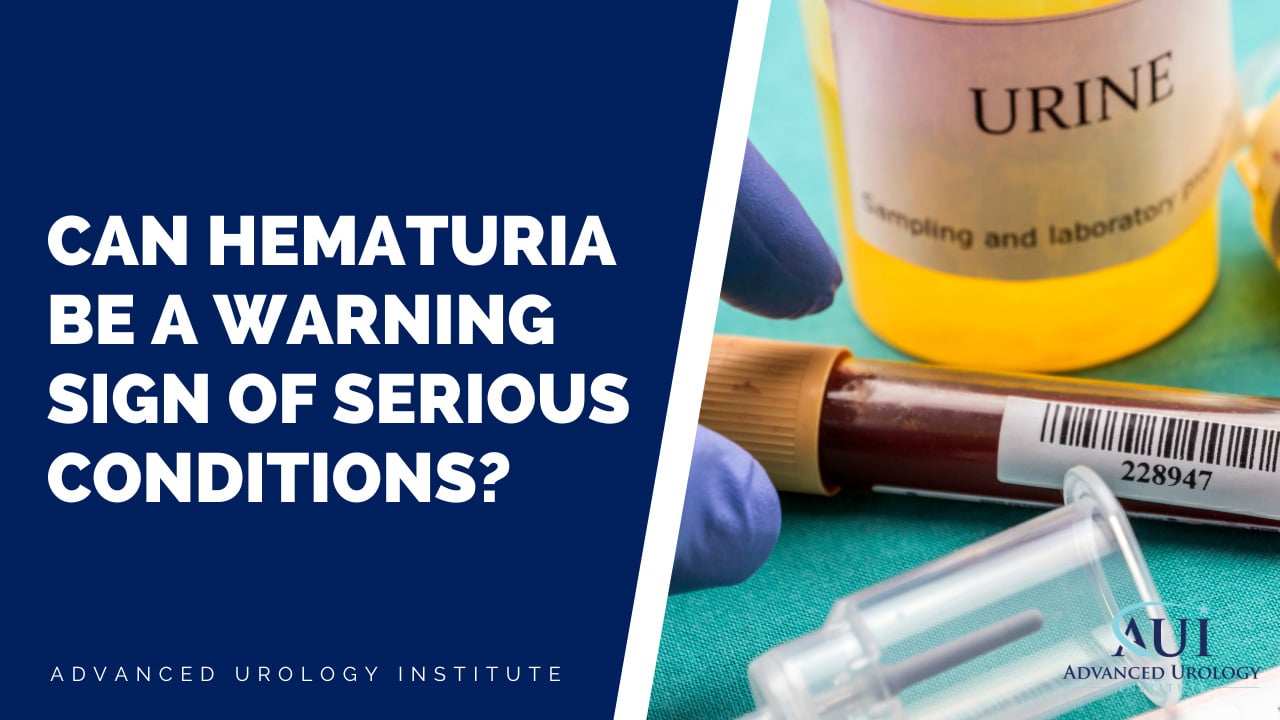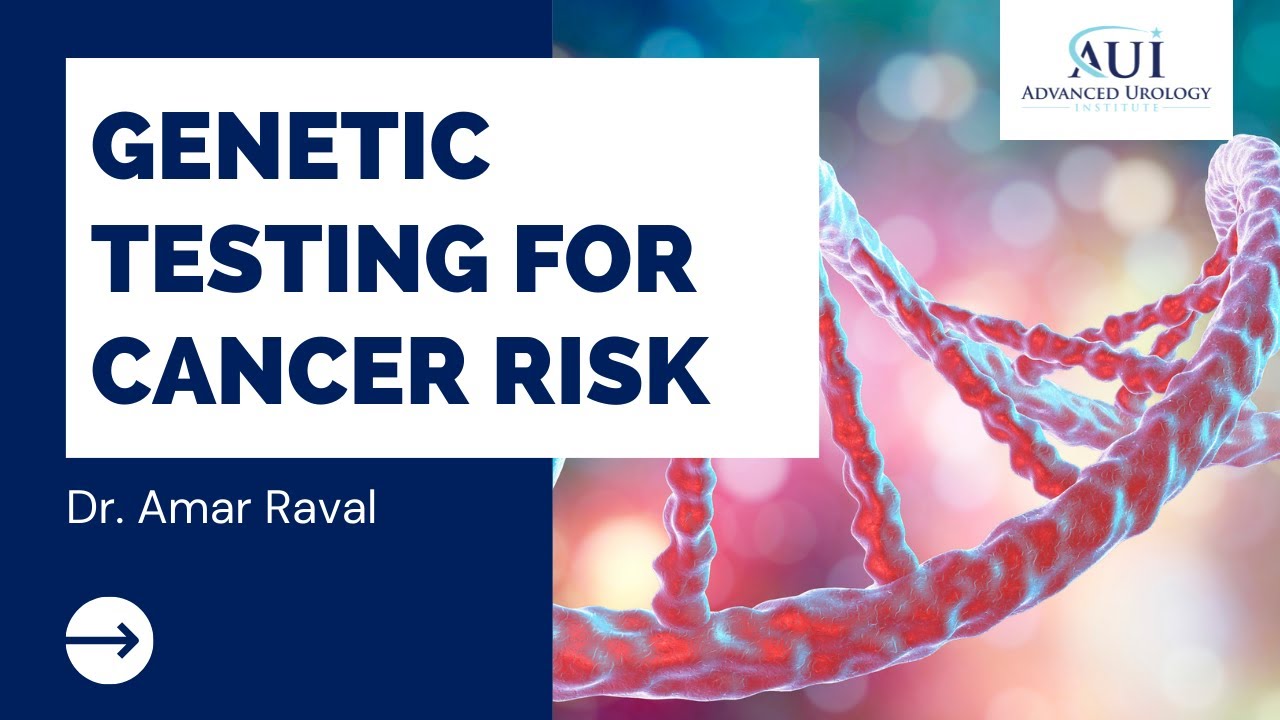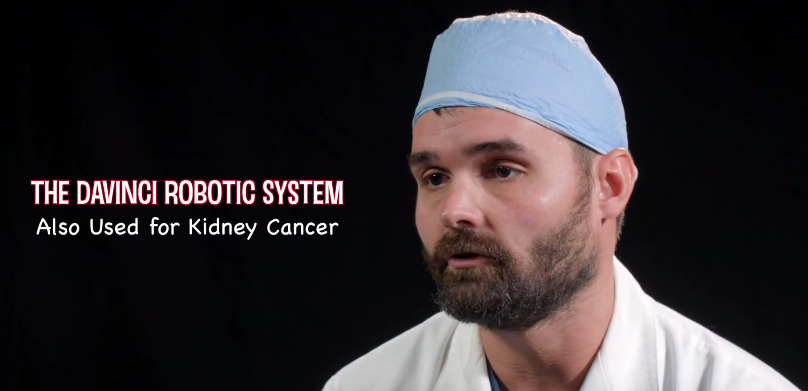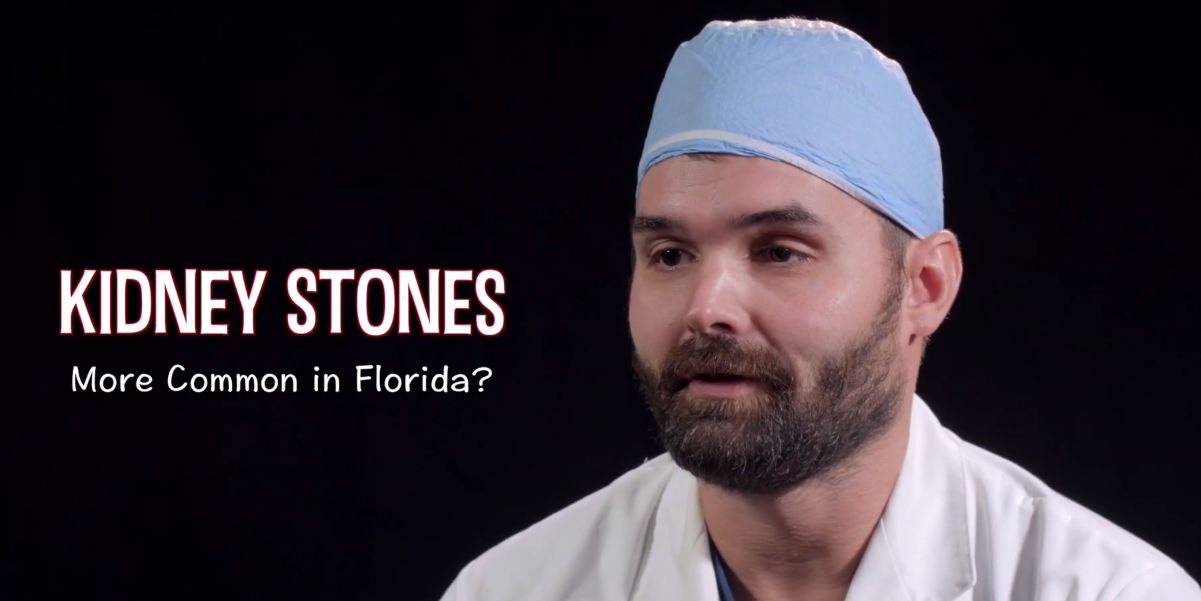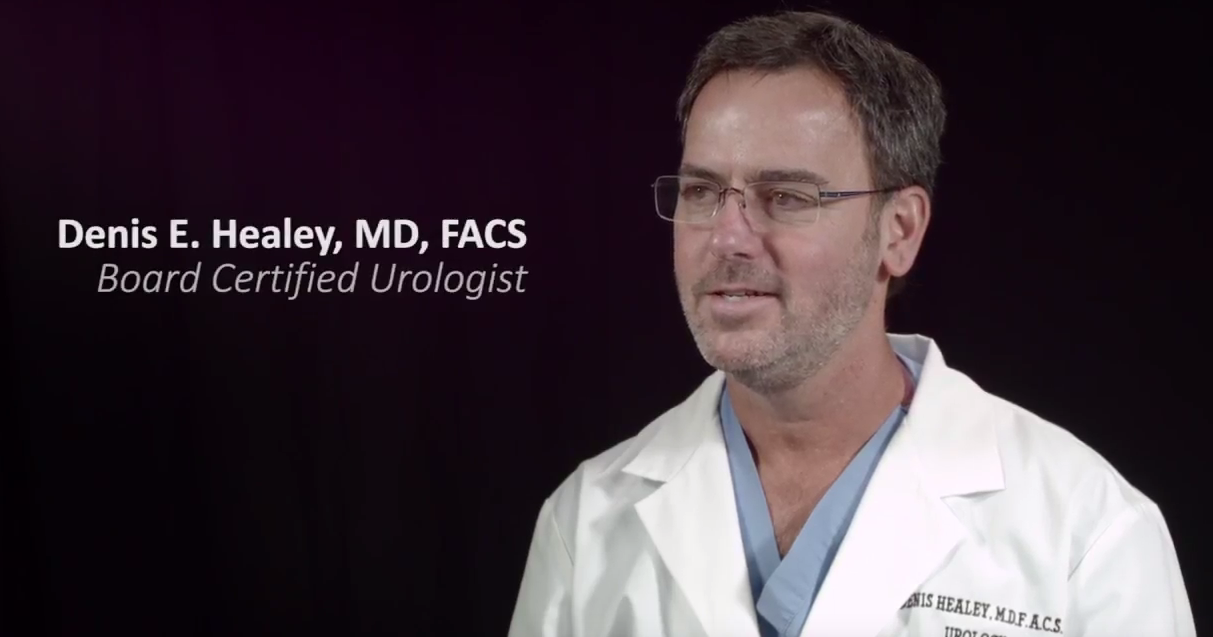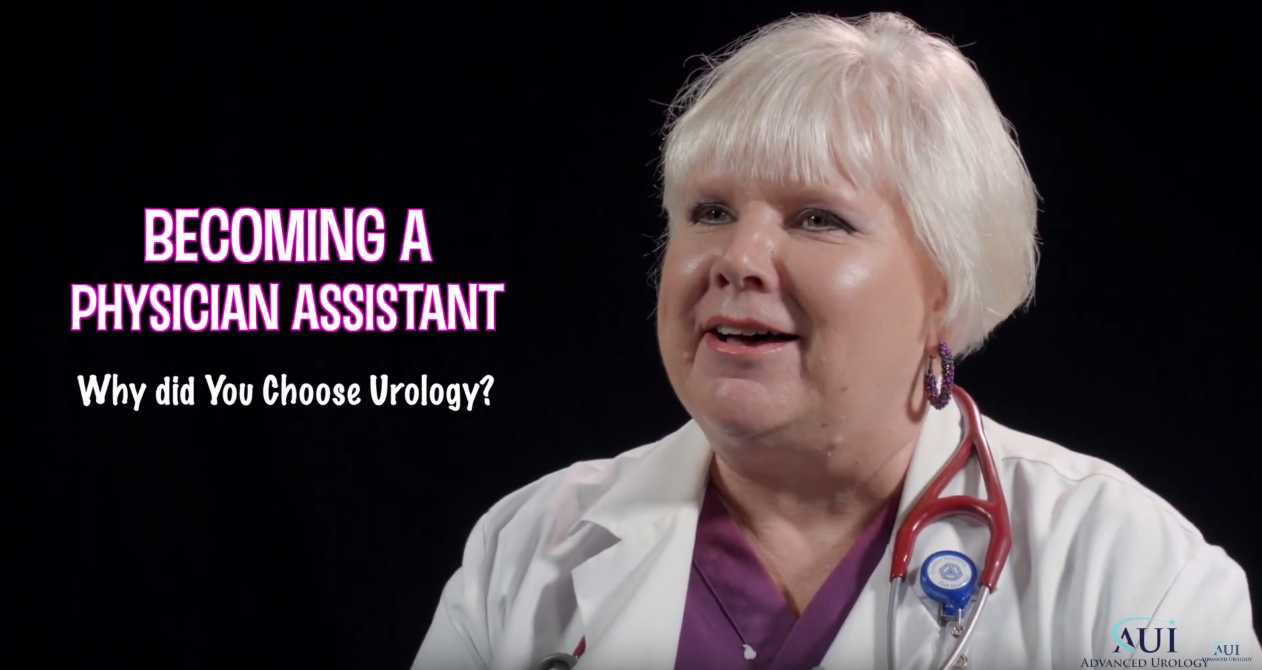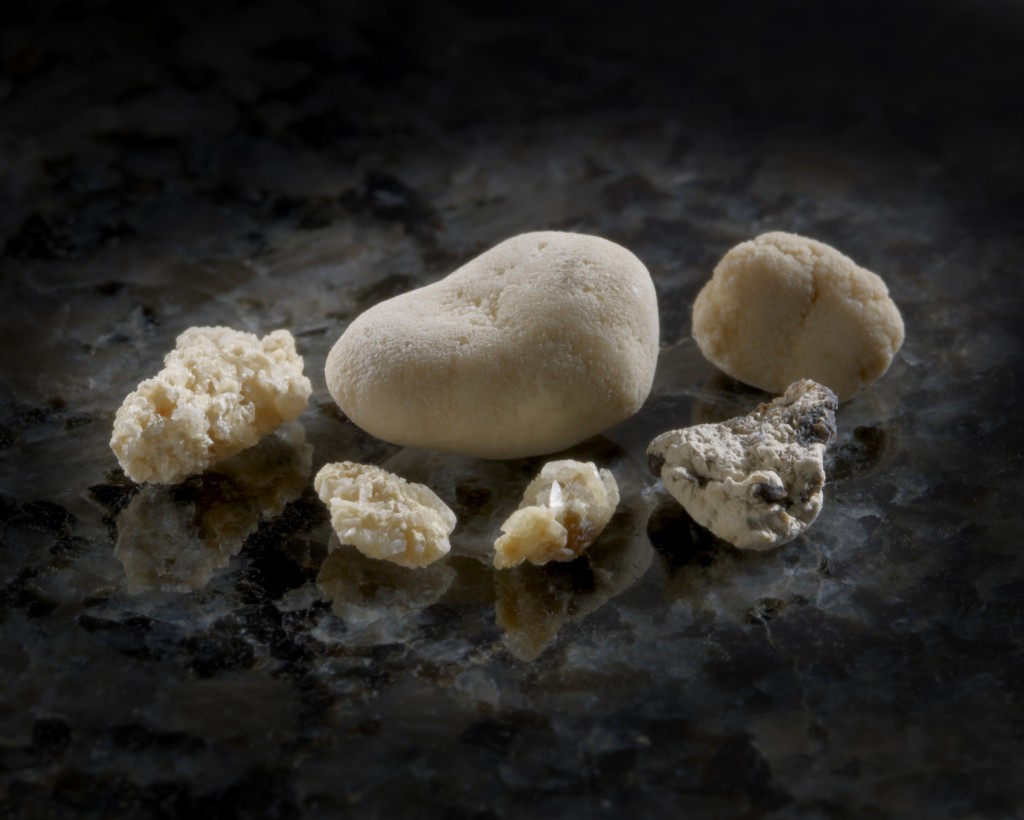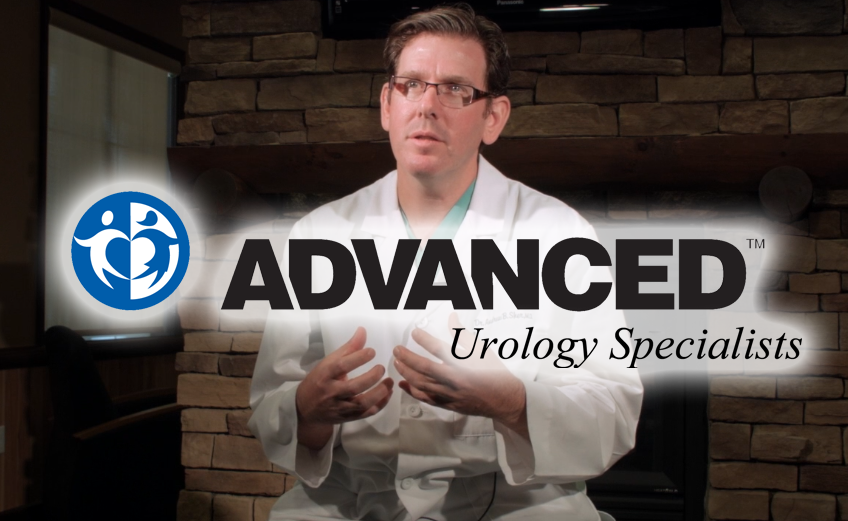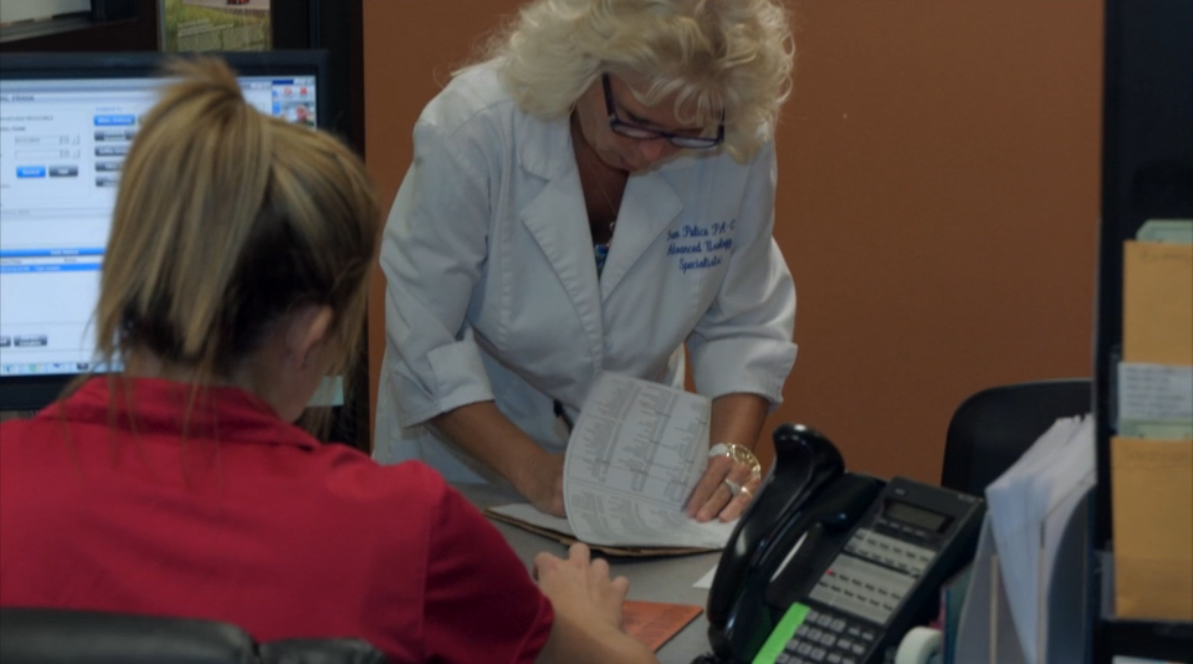Explore kidney cancer removal methods with Dr. Martin Richman and Dr. Evan Fynes, board-certified urologists who will delve into traditional and robotic approaches.
Continue readingCan Hematuria Be a Warning Sign of Serious Conditions?
Can Hematuria be a warning sign of more serious conditions? Recognizing hematuria early can help prevent a potentially serious health issue.
Continue readingChelsie Ferrell, PA: The Pain and Risks of Kidney Stones
Expert Insights: Chelsie Ferrell, PA, on the Pain and Risks of Kidney Stones. Learn How to Prevent & Treat this Common Condition. Read More!
Continue readingGenetic Testing for Cancer Risk
8 Easy Ways to Cleanse Your Kidneys
The kidneys are amazing little organs. Each day, they process about 200 quarts of blood, getting rid of excess water and waste products, removing toxins and keeping the body functioning smoothly. If the kidneys are not able to remove toxins and waste from the body, they will build up in the body and hinder the normal function of kidneys, liver and other organs, resulting in exhaustion, stomach pain, headaches, water retention and other problems. Buildup of toxins and waste also may lead to kidney stones, a mass of crystals or unprocessed minerals which can grow to the size of a golf ball. Kidney stones affect 10-15 percent of American adults, but also may be found in children as young as five.
Kidney stones causes and symptoms
 There are many causes of kidney stones, such as dehydration, excessively acidic urine, urinary tract infections, buildup of waste and toxins in the kidneys, among others. The symptoms of kidney stones include excessive lower back, abdominal or urinary tract pain which may be sharp, mild or excruciating, severe vomiting or feeling nauseated, persistent urge to pass urine, and constant chills or sweating. While the symptoms vary depending on the size of the stones, unceasing pain and discomfort on the sides is a good reason to see a urologist. Kidney stones are easily curable if diagnosed early.
There are many causes of kidney stones, such as dehydration, excessively acidic urine, urinary tract infections, buildup of waste and toxins in the kidneys, among others. The symptoms of kidney stones include excessive lower back, abdominal or urinary tract pain which may be sharp, mild or excruciating, severe vomiting or feeling nauseated, persistent urge to pass urine, and constant chills or sweating. While the symptoms vary depending on the size of the stones, unceasing pain and discomfort on the sides is a good reason to see a urologist. Kidney stones are easily curable if diagnosed early.
Why you should cleanse your kidneys
There are several reasons why you should flush out toxins and waste from your body. For instance, cleansing your kidneys improves their function and reduces bloating. Likewise, cleansing your kidney improves your ability to process certain foods, absorb nutrients and convert food to energy, preventing fatigue. Flushing out waste and toxins prevents potential infection and reduce the risk for bladder problems. Similarly, cleansing the kidneys reduces the chances of having painful kidney stones, corrects hormonal imbalances and prevents skin breakouts such as acne, eczema and rashes.
Below are 8 easy ways to cleanse your kidneys
1. Apple Cider Vinegar
 Apple cider vinegar is effective in preventing oxidative stress of the kidneys. It increases the levels of antioxidants in the body, balances blood sugar levels and reduces blood pressure, creating optimum conditions for kidney health. Apple cider vinegar contains citric acid which dissolves kidney stones. Frequent intake of apple cider vinegar also flushes out toxins from the kidneys.
Apple cider vinegar is effective in preventing oxidative stress of the kidneys. It increases the levels of antioxidants in the body, balances blood sugar levels and reduces blood pressure, creating optimum conditions for kidney health. Apple cider vinegar contains citric acid which dissolves kidney stones. Frequent intake of apple cider vinegar also flushes out toxins from the kidneys.
2. Kidney Beans
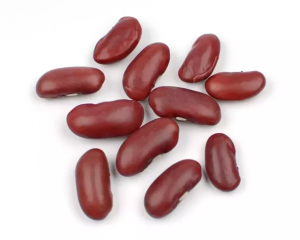 Kidney beans not only resemble the kidneys but also remove waste and toxins from the kidney and flush out kidney stones effectively. Kidney beans are rich in Vitamin B, fiber and several minerals which help to clean the kidney and boost the function of the urinary tract.
Kidney beans not only resemble the kidneys but also remove waste and toxins from the kidney and flush out kidney stones effectively. Kidney beans are rich in Vitamin B, fiber and several minerals which help to clean the kidney and boost the function of the urinary tract.
3. Lemon Juice
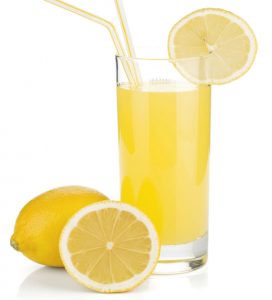 Lemon juice is naturally acidic and increases citrate levels in urine, hence discouraging the formation of kidney stones. Lemon juice also filters blood and flushes out wastes and other toxins. Daily intake of diluted lemon juice reduces the rate of kidney stone formation and dissolves calcium oxalate crystals, which is the most common constituent of kidney stones. For people with kidney stones, combining lemon with olive oil ensures smooth passage of the stones.
Lemon juice is naturally acidic and increases citrate levels in urine, hence discouraging the formation of kidney stones. Lemon juice also filters blood and flushes out wastes and other toxins. Daily intake of diluted lemon juice reduces the rate of kidney stone formation and dissolves calcium oxalate crystals, which is the most common constituent of kidney stones. For people with kidney stones, combining lemon with olive oil ensures smooth passage of the stones.
4. Watermelon
 Watermelon is a mild diuretic. It hydrates and cleanses the kidneys. It is also rich in lycopene, which improves cardiovascular health and ensures well-functioning kidneys. Watermelon also has large quantities of potassium salts which regulate acidity of urine and prevents stone formation. In fact, eating watermelon regularly is great for kidney health.
Watermelon is a mild diuretic. It hydrates and cleanses the kidneys. It is also rich in lycopene, which improves cardiovascular health and ensures well-functioning kidneys. Watermelon also has large quantities of potassium salts which regulate acidity of urine and prevents stone formation. In fact, eating watermelon regularly is great for kidney health.
5. Pomegranate
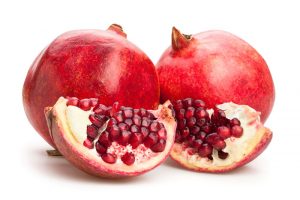 Both the juice and seeds of pomegranate contain large amounts of potassium and therefore are effective in removing kidney stones. Potassium lowers acidity of urine, prevents stone formation because of its astringent properties, curtails crystallization of minerals, and flushes out toxins and waste from the kidneys.
Both the juice and seeds of pomegranate contain large amounts of potassium and therefore are effective in removing kidney stones. Potassium lowers acidity of urine, prevents stone formation because of its astringent properties, curtails crystallization of minerals, and flushes out toxins and waste from the kidneys.
6. Basil
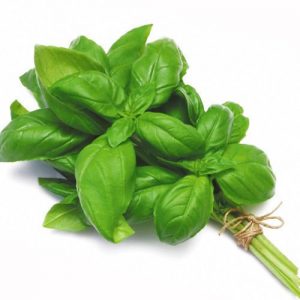 Basil is an effective diuretic. It removes kidney stones and improves kidney functioning. Basil also lowers the level of uric acid in blood and improves kidney health. Its ingredients such as essential oils and acetic acid break down kidney stones and allow for smooth removal. Basil is also a pain killer.
Basil is an effective diuretic. It removes kidney stones and improves kidney functioning. Basil also lowers the level of uric acid in blood and improves kidney health. Its ingredients such as essential oils and acetic acid break down kidney stones and allow for smooth removal. Basil is also a pain killer.
7. Dates
 When dates are soaked in water for 24 hours and then consumed after seeds are removed, they are effective in dissolving and flushing out kidney stones. Dates are rich in fiber, helping to reduce the risk of kidney stones. The magnesium ingredient in dates also cleanses the kidneys.
When dates are soaked in water for 24 hours and then consumed after seeds are removed, they are effective in dissolving and flushing out kidney stones. Dates are rich in fiber, helping to reduce the risk of kidney stones. The magnesium ingredient in dates also cleanses the kidneys.
8. Dandelion
 Consuming tea made using dried organic dandelion or fresh dandelion root (pulled from the ground) helps to cleanse the kidneys. Dandelion is a kidney tonic, but also stimulates bile production to improve digestion and minimize the waste reaching the kidneys.
Consuming tea made using dried organic dandelion or fresh dandelion root (pulled from the ground) helps to cleanse the kidneys. Dandelion is a kidney tonic, but also stimulates bile production to improve digestion and minimize the waste reaching the kidneys.
Another effective cleansing agent for the kidneys is cranberry juice which supports the urinary tract, fights urinary tract infections and removes excess calcium oxalate. Beets and their juices contain Betaine which increases urine acidity, prevents build-up of struvite and calcium phosphate and reduces the chances of kidney stone formation. Other effective cleansing agents are coconut water, cucumber juice and cherries. For more information on preventing and treating kidney problems, visit the site, Advanced Urology Institute.
Who uses the Davinci Robotic System for kidney cancer treatment? – Dr. Evan Fynes
Is Dr. Evan Fynes reporting that kidney stones are more common in Florida?
Dr Denis Healey – Why Choose Urology?
Video: Becoming a Physician Assistant, Why did You Choose Urology – Jeanette Lain, PA C
Dr. Denis Healey expertise includes adult urology, Low T, ED, vasectomies, cancer, incontinence, laser surgery, infertility and stone disease. [Read Full Article…]
Becoming a Physician Assistant, Why did You Choose Urology – Jeanette Lain, PA C
Video: Becoming a Physician Assistant, Why did You Choose Urology – Jeanette Lain, PA C
Ms. Jeanette Lain has extensive urology experience, previously serving as a Physician Assistant for Urology Centers of Oklahoma with the Women’s Bladder Clinic, Unitus Clinic for Sexual Health and general urology care. [Read Full Article…]
Kidney Stones – Environmental Factors Can Increase the Risk
Video: Urology is The Perfect Specialty for Me by Dr Thomas Sander
A kidney stone is a mass of chemical crystals that forms in the kidney, ureter or bladder of an individual. Such stones may develop to different sizes and in different shapes, from tiny microscopic crystals to quite large stones. Kidney stones can occur at any age but are far more prevalent between the ages of 20 to 40. Contact a urologist now and get treatment for this condition as soon as possible. [Read Full Article…]
What Causes Kidney Stones? Dr. Edward King Reveals the Science Behind Their Formation
Why Dr. Andrew Sher Chooses Urology as His Field
After earning his medical degree at Emory University, Dr. Andrew Sher completed his residency at the University of Tennessee. Dr. Sher is an expert at minimally invasive ablative prostate cancer treatment, with interests in nutritional and complementary treatments. [Read Full Article…]
Meet Dr. Edward King: What Sets This Leading Urologist at Advanced Urology Institute Apart?
Advanced Urology Specialists: Inverness Office
Advanced Urology Specialists is well known throughout Central Florida for our commitment to excellence in urology. We are the region’s most trusted resource for specialized care of male and female urological conditions. [Read Full Article…]




